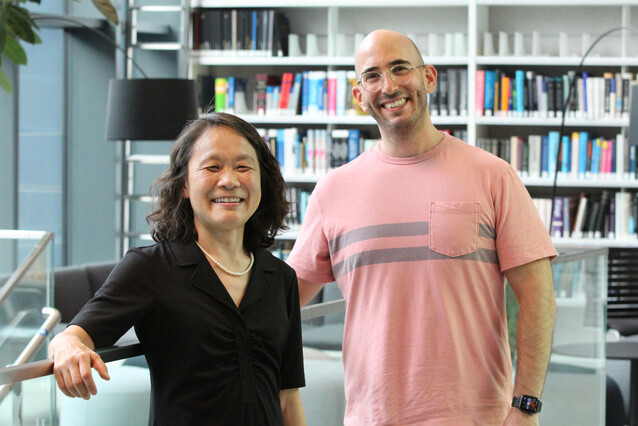Austrian Science Fund supports heart regeneration research for next four years
The lab of senior scientist Elly Tanaka was awarded four years’ worth of research funding to investigate heart regeneration in the axolotl. Elad Bassat, postdoc and leader of the project, hopes to uncover the cellular and molecular mechanisms that underlie cardiac regeneration and expand his findings to understand mammalian heart regeneration.
In adult mammals, heart injuries irreparably damage cardiac tissues. For instance, after a heart attack, part of the heart muscle dies and is replaced by a scar. This loss of muscle impairs part of the heart's function, with possible long-lasting effects on the affected individual’s health. Neonatal mice, on the other hand, can fully regenerate their hearts after an injury. Impressively, other vertebrates, such as the zebrafish and the axolotl, take this ability further, as they can repair their hearts throughout their lives.
Elad Bassat, postdoc in the lab of Elly Tanaka, investigated heart regeneration in mammals for his PhD at the Weizmann Institute of Science in Israel. After examining the limits of heart regeneration in mice, he is now turning his attention to the axolotl heart. He wants to uncover the molecular and cellular factors that allow this amphibian to repair its heart.
“Cardiac regeneration experts have traditionally tried to find the golden molecule that could promote heart generation, the ‘one factor to rule them all’. Although that research has yielded important insights, so far it has led to few approved drugs to improve heart regeneration,” says Bassat. “We are now taking a more holistic approach, where our target has shifted from single molecules or genes to cell types and networks of signalling pathways. I think the spatial and cellular context of cardiac regeneration is crucial to understand the overall process.”
The Austrian Science Fund (FWF) has now awarded this project with a Stand-Alone Grant. FWF grants are worth 400,000 Euros and support research endeavours with high scientific potential for up to four years.
“We want to find out whether there are common factors between the mode of regeneration of the neonatal mouse heart and the axolotl heart. Such commonalities would help us find the important cell types and molecular pathways that can promote regeneration in mammals, including humans,” says Elly Tanaka.
The data generated in this project will complement the results of the Tanaka Lab’s contribution to the REANIMA consortium – an international project that compiles heart regeneration research from animal models. Together, these projects will help scientists produce a complete dataset and will pave the way for heart regeneration in humans.
Further reading:
REANIMA: toward a new paradigm in cardiac regeneration
Elad Bassat awarded a Marie Sklodowska-Curie Fellowship
EMBO Fellowship for IMP postdoc Elad Bassat
